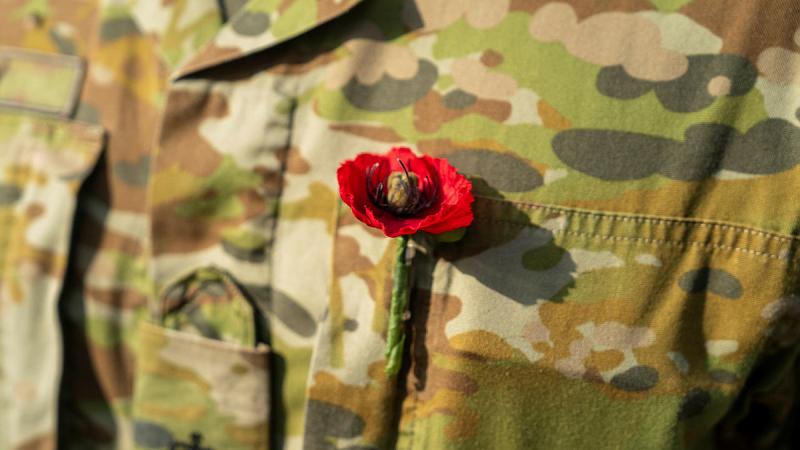Mental Health Awareness Month (October) encourages all of us to think about our mental health and wellbeing. In our latest On Side podcast episode, we talk about mental health, the impact and how we can make mental health and wellbeing a priority in sport. We are joined by former ABC sports broadcaster and mental health advocate, Craig Hamilton, and Georgia Ridler, Sport Integrity Australia’s consulting Mental Health Advisor.
Craig talks about his own mental health battles, which manifested at the peak of his career as he was preparing to be part of the ABC commentary team for the Sydney 2000 Olympic Games.
“It changed my life significantly because I went into hospital with a manic episode and I came out of hospital with a diagnosis of Bipolar Disorder and therefore had been diagnosed at that point with a mental illness,” Craig says.
“It changed the way I had to live my life and the choices I made, the decisions I made and my lifestyle.”
Mental health does not discriminate, he says, and has impacted high-profile sports stars including Wally Lewis, Andrew Johns, Nathan Thompson and Wayne Schwass.
“It doesn’t matter how good you are, your ability has got nothing to do with it.”
He also talks about the release of his documentary The Promise that aims to spark a conversation, an action and a solution for mental health and suicide prevention. Among those featured are sporting legends Wayne Bennett, Tim Tszyu, Paul Harragon and Joe Williams and media personality Jessica Rowe.
We also speak to Georgia Ridler, Sport Integrity Australia’s consulting Mental Health Advisor.
Georgia has been a leader in mental health and sport over the past 20 years and was the Olympic Psychologist for the Tokyo 2020 Games.
She says the conversation around mental health in a sporting context is changing.
“I think the conversation is certainly open and people may not be getting it perfect yet. We’re all human, but I think it’s a more open conversation for athletes and staff, which is fantastic, and I think it will only become more open,” she says.
She discusses the triggers for athletes, whether it being anxiety from being away from home, travelling, expectations, injuries, as well as the conflicting values in an elite sporting environment, the added distractions an athlete today faces and how to build resilience.
Ridler says if a high-performance culture is engrained in the sport, it has benefits in the field of play.
“If culture is built well and there is a strong focus on wellbeing, then typically the work is done, particularly if we’re focusing on an athlete,” she says. “Typically … if the person feels very supported, that means that then when they go into those high-performance environments, high pressure moments, they can actually just focus on performing in the moment and that’s the ideal situation.
“That’s always the trick of being a high performing athlete at the top. It’s a matter of being able to put all of the things into place before that moment of performance and then be able to just focus on what’s necessary.”
It is important to look after your mental health and wellbeing and seek support if you need it.
If the podcast raises any issues, or if you, or someone you know, is in immediate danger, please call 000, visit your nearest hospital emergency, or call a crisis helpline.








